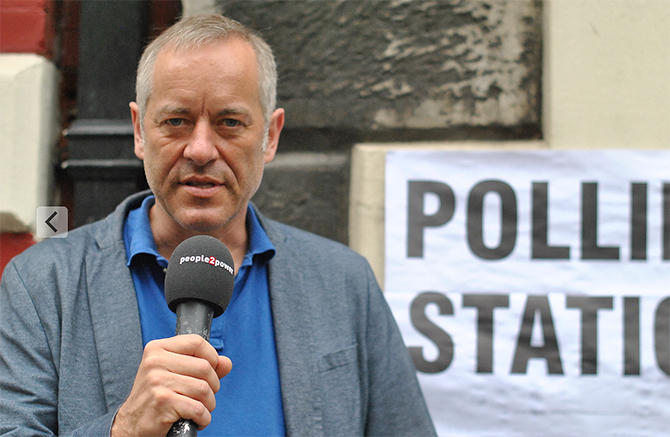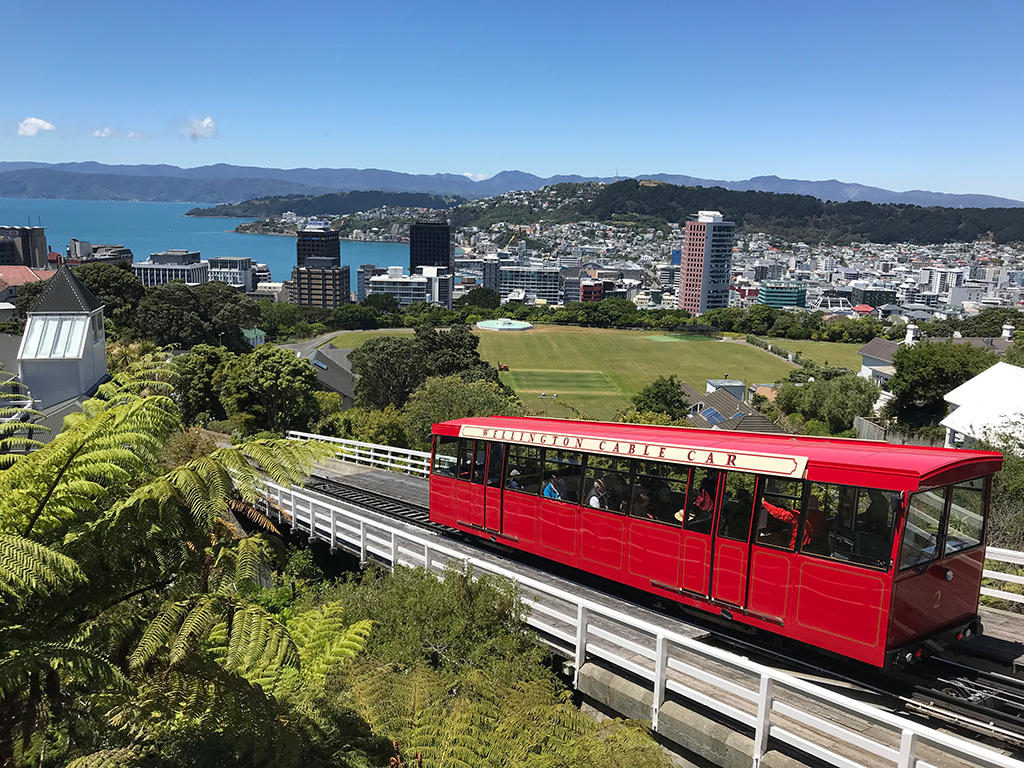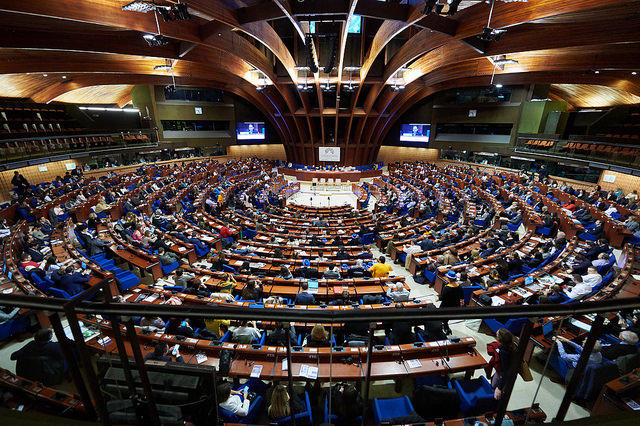Australia’s democratic moment is overdue

Love is in the air across Australia following the first successful nationwide popular vote on an issue in more than 40 years. As a result, its parliament just approved same-sex marriage. But longer-term, the work for making the country more democratic has only just begun.
The small city of Goulburn has not always been a dream location for those looking for an affordable place to live between Australia’s biggest city Sydney and the national capital Canberra.
“The country of convicts sends its own convicts here,” says my colleague and friend Urs Wälterlin as he points out one of the biggest high-security prisons in the country at the outskirts of Goulburn. My friend lives together with his family just outside the town, in the harsh Australian bush. His property hosts nearly all the world’s most poisonous land species.
“This morning I met a brown snake, with one bite she could poison more than a half a million mice,” I hear at breakfast. Behind his house, Wälterlin has built a bunker in which he, his family and the domestic animals could survive for half an hour, if a firestorm were to rush by – as sometimes happens in this rather unhospitable part of the world. But it is a powerful rainstorm and not a threatening fire that keeps me up during the night. It’s harsh indeed, if not exactly lovely here.
Much of the recent news from Australia fits this picture: a series of national governments have portrayed themselves as utterly unforgiving, tough and, yes, harsh.
Outside the parliament building in Canberra – which I visited on my Direct Democracy World Tour – I met with relatives of the boat refugees sent to detention centers overseas, at Manus Island. Australia, once an open country to the world, has become one of the most restrictive when it comes to immigration.
Additionally, the current coalition government of Prime Minister Malcolm Turnbull has pushed through far-reaching anti-terrorism laws undermining many of the basic freedoms of the Australian people. Harshness, not compromise, also dominates the political debate in the various political chambers of the country with 24 million people over an area of 7.7 million square kilometres.
Gladys Berejiklan is the liberal Prime Minister of New South Wales, one of Australia’s six federated states and two territories. She said last week that a future Labor Party prime minister would be the “greatest possible threat to Australian welfare and peace”, showing the deep divisions within the country.
‘Towards a great Australian Republic’
But there is another side to this political mood. It surfaced as early as 1854 in an article in Goulburn Herald, the city’s local newspaper.
“Let us work together towards a great Australian Republic,” wrote Daniel Henrieh Deniehy at the time, when Australia’s six different colonies were still governed from London. Much has happened since then, but Australia is still no republic and its sovereign ruler technically still resides 18,000 kilometres away at Buckingham Palace.
But in Goulburn and many other places around the country, people are getting wise to making democracy more democratic at the local level. I witnessed a fascinating meeting of local community groups engaged in city initiatives for better waste management, sustainable energy production and more participatory politics. Once a month, several dozen citizens meet for “Politics in the Pub” to address and discuss current affairs.
After the meeting, I am approached by a women in her fifties, who presents herself as descendent of Deniehy, the early Australian pro-democracy fighter and proponent of a “great republic”.
“We are experiencing a sort of democratic bush fire,” she says of the current Australian democratic moment. “Now we need to keep it alive.”
She is specifically referring to the first successful popular vote on an issue since 1977.
On November 15, the results of a “Postal Survey”External link on the question “Should the law be changed to allow same-sex couples to marry?” were published by the Australian Bureau of Statistics. In that poll, 61.6% of eligible voters said yes to the question, giving an impetus to parliament to change the law. Same-sex marriage became legal in Australia on December 7.
“Suddenly we understood that the people at large can be in charge,” said one participant at the “Politics in the Pub” gathering in Goulburn, “and that is very a very empowering feeling”.
Notes from the Digital Democracy Forum
In conversations during my first ten days in Australia I got the impression that many Australians are very eager to reconnect their country to a time when it was seen globally as open and innovative. At the first Digital Democracy ForumExternal link in Melbourne last week, representatives from technology firms including Horizon StateExternal link, Secure Vote, and NewVote as well as pro-democracy groups like MiVoteExternal link, People decideExternal link and Collabforge – among others – gathered to discuss the possible next steps of supporting more direct democracy especially at the local and regional levels.
Swiss-Swedish author and journalist Bruno Kaufmann is on a world tour to explore the state of democracy visiting more than 20 countries on 4 continents until May 2018.
swissinfo.ch is publishing a weekly dispatch and multimedia reports by Kaufmann over the next few months as part of its coverage of direct democracy issues.
Kaufmann’s democracy world tour is mainly sponsored by the Swiss Democracy FoundationExternal link, where he is the director of international cooperation. The Swiss Democracy Foundation hosts various projects and platforms linked to participatory and direct democracy across the globe, including Democracy InternationalExternal link, the Direct Democracy NavigatorExternal link and the Initiative and Referendum Institute EuropeExternal link.

In compliance with the JTI standards
More: SWI swissinfo.ch certified by the Journalism Trust Initiative











You can find an overview of ongoing debates with our journalists here . Please join us!
If you want to start a conversation about a topic raised in this article or want to report factual errors, email us at english@swissinfo.ch.